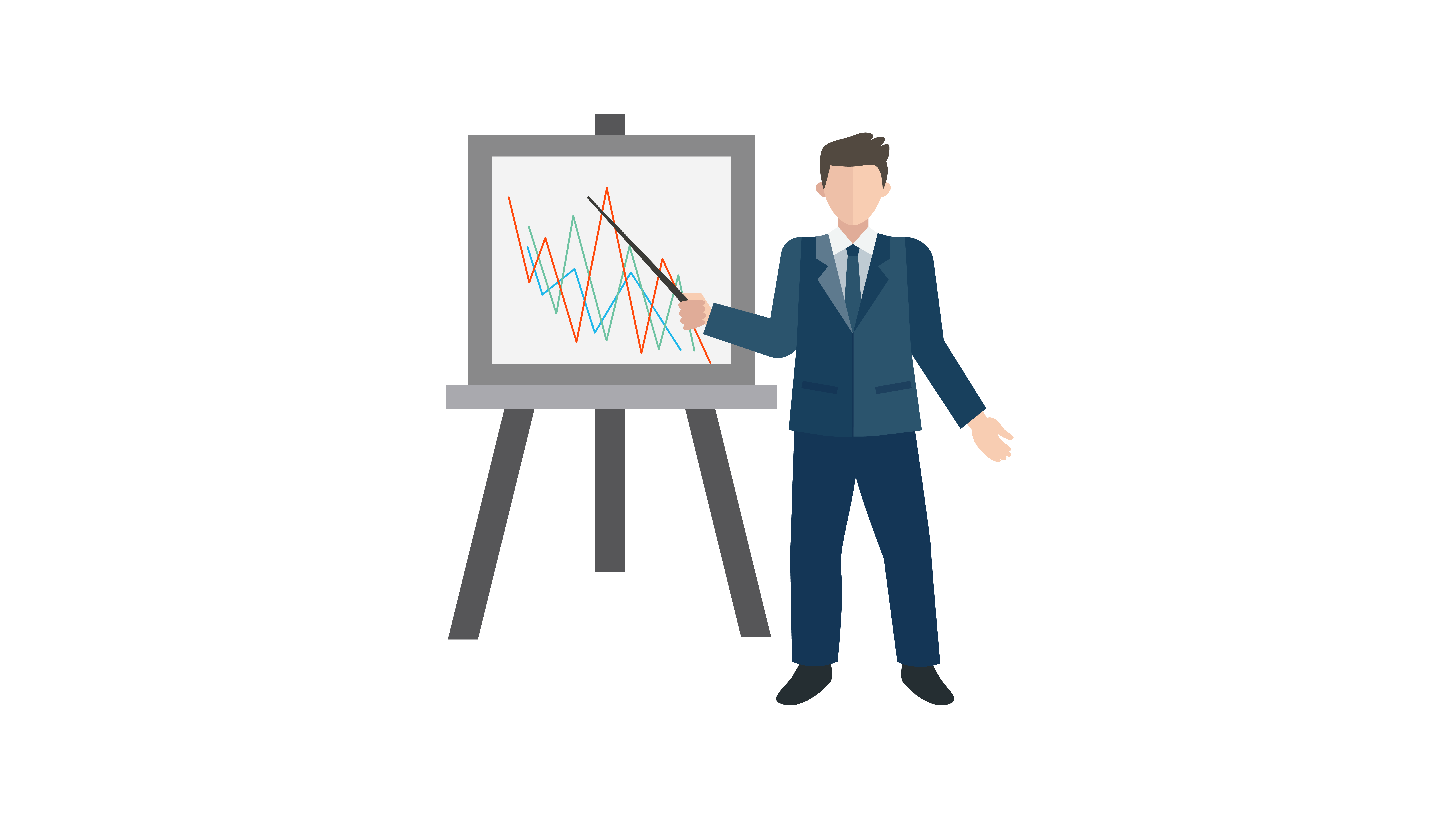All Categories
Featured
Modern businesses need central locations to store Customer Data Platforms (CDPs). It is a crucial tool. The software tools provide the most accurate and complete picture of the customer which can be used to provide targeted marketing and personalised customer experiences. CDPs also offer a range of features such as data governance such as data quality and data formatting, as well as data segmentation, and compliance, to ensure that the customer's data is recorded, stored, and utilized in a secure and well-organized manner. CDPs are a great way for companies to collect and store customer data in a CDP allows companies to engage customers and put them at the forefront of their marketing strategies. It can also be used to pull data from other APIs. This article will discuss the benefits of CDPs to businesses.
customer data platfrom
Understanding CDPs: A client data platform (CDP) is a computer program that allows companies to collect, store, and manage customer information in one central location. This provides a clearer and more complete view of your customers and lets you target marketing and personalize customer experiences.
-
Data Governance: A CDP's capacity to protect and control the information being incorporated is one of its key characteristic. This involves profiling, division and cleaning of data that is incoming. This ensures compliance with data laws and regulations.
-
Data Quality: A crucial element of CDPs is to ensure that the data collected is of high-quality. That means data needs to be entered correctly and meet the quality standards desired. This helps to minimize additional costs for cleaning, transforming and storage.
-
Data formatting is a CDP is also available to ensure that data is entered in a specified format. This allows data types like dates to be identified across customer records and guarantees consistency and logic in data entry. cdp's
-
Data Segmentation: The CDP allows you to segment customer data in order better understand your customers. This allows for testing different groups against one another and to get the most appropriate sample and distribution.
-
Compliance The CDP lets companies manage customer data in a manner that is in line with. It allows you to specify security policies and classify data based on these policies. It can also help you identify compliance violations while making decisions about marketing.
-
Platform Selection: There are different kinds of CDPs to choose from It is therefore important to know your needs for deciding on the appropriate platform. Take into consideration features like data privacy as well as the capability of pulling data from different APIs. customer data platform cdp
-
Putting the Customer in the center The Customer is the Center of Attention CDP permits the integration of live customer data. This gives you the instant accuracy of precision, accuracy, and unison that every marketing department requires to increase efficiency and connect with customers.
-
Chat, Billing and more Chat, billing and more CDP helps to identify the context that is needed for excellent discussions, regardless of whether you're looking for billing or prior chats.
-
CMOs and CMOs and Data: According to the CMO Council 61 percent of CMOs believe that they're not using big data effectively. The 360-degree perspective of the customer that is provided by a CDP is an excellent approach to address this issue and allow for better customer service and marketing.
With many various kinds of marketing technology out there each one typically with its own three-letter acronym you may wonder where CDPs originate from. Despite the fact that CDPs are among today's most popular marketing tools, they're not a completely originality. Instead, they're the most recent action in the evolution of how marketers manage client data and consumer relationships (Customer Data Platforms).

For most online marketers, the single biggest worth of a CDP is its ability to segment audiences. With the abilities of a CDP, marketers can see how a single consumer engages with their company's various brand names, and determine chances for increased personalization and cross-selling. Obviously, there's far more to a CDP than division.
Beyond audience division, there are 3 big reasons your business may desire a CDP: suppression, customization, and insights. One of the most interesting things online marketers can do with data is determine clients to not target. This is called suppression, and it's part of delivering truly individualized customer journeys (What is Cdp in Marketing). When a client's unified profile in your CDP includes their marketing and purchase data, you can reduce advertisements to customers who've currently bought.

With a view of every consumer's marketing interactions linked to ecommerce information, site visits, and more, everyone across marketing, sales, service, and all your other groups has the possibility to understand more about each client and deliver more personalized, appropriate engagement. CDPs can help online marketers address the source of a number of their most significant everyday marketing issues (Cdp Data).
When your data is detached, it's more tough to comprehend your consumers and develop significant connections with them. As the variety of data sources used by marketers continues to increase, it's more crucial than ever to have a CDP as a single source of fact to bring everything together.
An engagement CDP uses client information to power real-time customization and engagement for consumers on digital platforms, such as sites and mobile apps. Insights CDPs and engagement CDPs make up the majority of the CDP market today. Really few CDPs include both of these functions similarly. To select a CDP, your company's stakeholders ought to think about whether an insights CDP or an engagement CDP would be best for your needs, and research study the couple of CDP options that consist of both. Cdp Analytics.
Redpoint GlobalLatest Posts
The Benefits of Real-time Data Analysis with a CDP
CDPs and the Role of Data Privacy
The Benefits of Pulling Data from Other APIs with a CDP